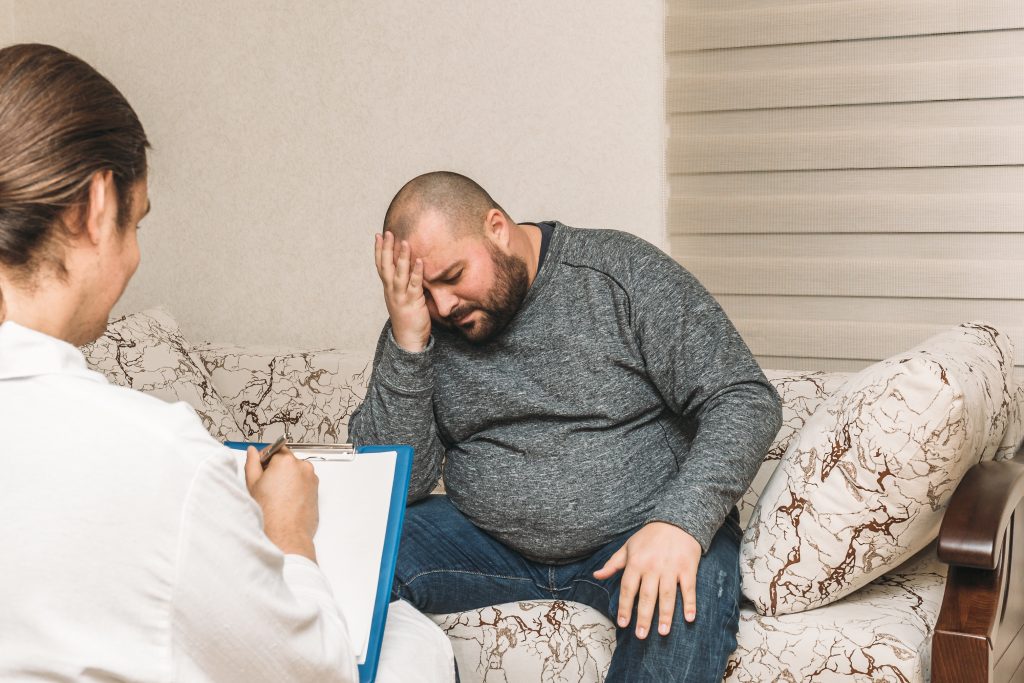
Since the COVID-19 pandemic began, many studies have reported that many of the sickest COVID-19 patients are people who are obese. In recent weeks, that link has come into sharper focus as large new population studies have strengthened the association and demonstrated that even people who are merely overweight are at higher risk. According to ScienceMag, in the metaanalysis published on 26 August in Obesity Reviews, an international team of researchers pooled data from scores of peer-reviewed papers capturing 399,000 patients. They found that people who are obese who contracted SARS-CoV-2 were 113% more likely than people who have a healthy weight to land in the hospital, 74% more likely to be admitted to an ICU, and 48% more likely to die. One of the largest descriptive studies of hospitalized U.S. COVID-19 patients, posted as a preprint on August by Genentech researchers, found that 77% of nearly 17,000 patients hospitalized with COVID-19 were overweight (29%) or obese (48%). Another study captured the rate of COVID-19 hospitalizations among more than 334,000 people in England. Published also in August, the Proceedings of the National Academy of Sciences found that although the rate peaked in people with a BMI of 35 or greater, it began to rise as soon as someone tipped into the overweight category.
There are many possible reasons why this is the case. For example, people who are obese are more difficult to care for. It may be more challenging to put a tube down their airway when hooking them up to a ventilator. They may also have reduced lung capacity. There are also other physiological and social factors involved. Obesity typically brings more conditions such as impaired immunity, chronic inflammation, and blood that’s prone to clotting. All of those conditions can worsen COVID-19 symptoms. Because obesity is so stigmatized, people who are obese also may avoid medical care.
It’s devastating to see the impact of obesity in COVID-19 patients, especially in younger patients. It could be one of the reasons why COVID-19 impact is so devastating in the United States, because 40% of American adults are obese. People who are obese have more risks of other serious diseases that are independent risk factors for severe COVID-19 complications, including heart disease, lung disease, and diabetes.
The physical conditions that render people who are obese vulnerable to severe COVID-19 symptoms begin with the mechanics: Fat in the abdomen pushes up on the diaphragm, causing that large muscle, which lies below the chest cavity, to impinge on the lungs and restrict airflow. This reduced lung volume leads to collapsing of the airways in the lower lobes of the lungs, where more blood arrives for oxygenation than in the upper lobes. Other issues compound these mechanical problems. For starters, the blood of people who are obese has an increased tendency to clot. Immunity also weakens in people with obesity, in part because fat cells infiltrate the organs where immune cells are produced and stored-such as the spleen, bone marrow, and thymus. They are losing immune tissue in exchange for adipose tissue, making the immune system less effective in either protecting the body from pathogens or responding to a vaccine.
The problem is not only fewer immune cells, but less effective ones. One study about obesity and immunity at the University of North Carolina studied how obese mice respond to the influenza virus. It demonstrated that key immune cells called T-cells do not function as well in the obese state. They make fewer molecules that help destroy virus-infected cells, and the corps of “memory” T-cells left behind after an infection, which is key to neutralizing future attacks by the same virus, is smaller than in mice of healthy weight.
Looking at these facts, people with obesity should take extra care and be extra cautious. It is really important to follow the social distancing protocols. Always wash your hands, wear a mask, and avoid large gatherings. With free time at home, find some simple exercises and try to lose weight. Even a little weight loss can improve the metabolic health of a person with obesity. By doing that, you are reducing your chances of developing severe COVID-19 if you do get infected.
Source: Science Mag